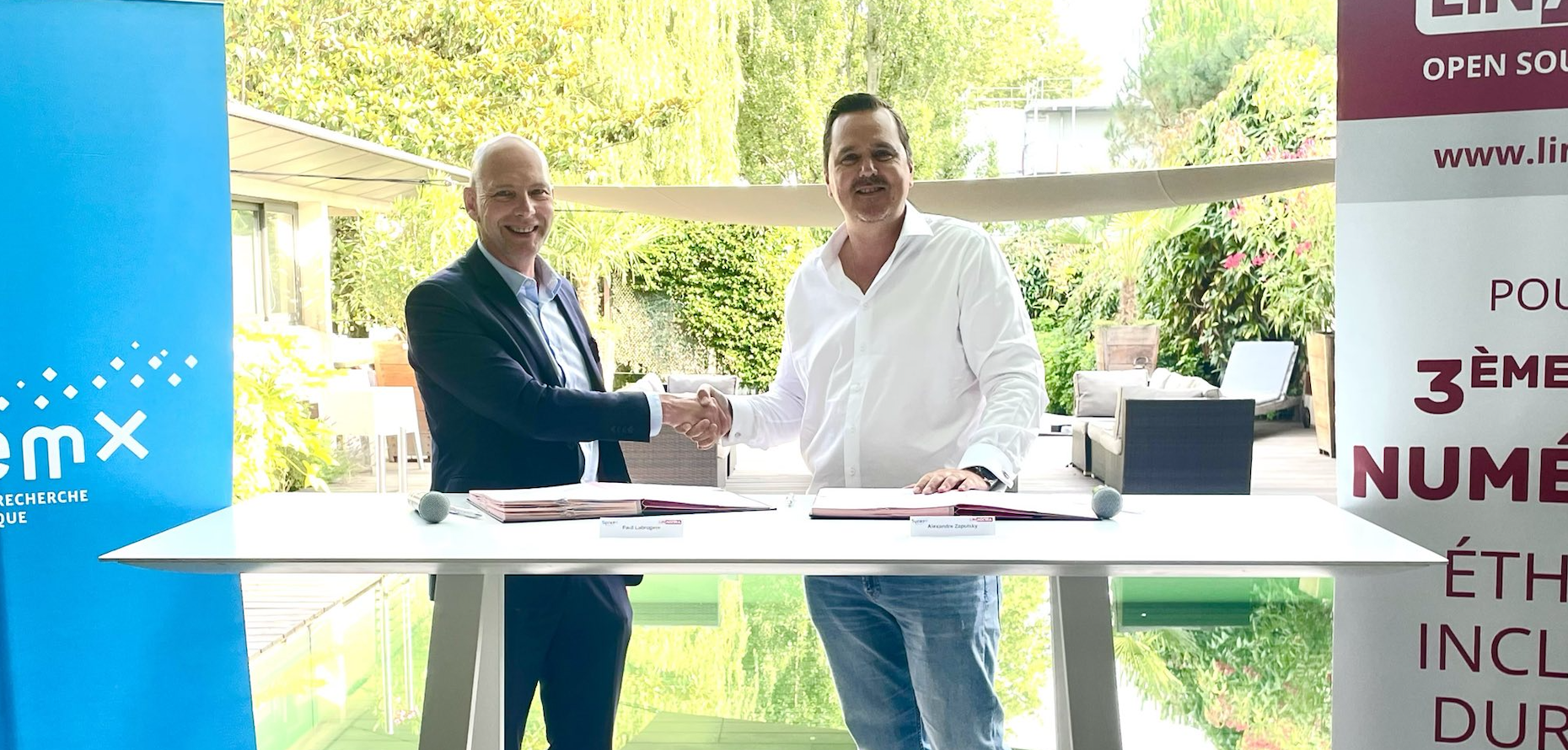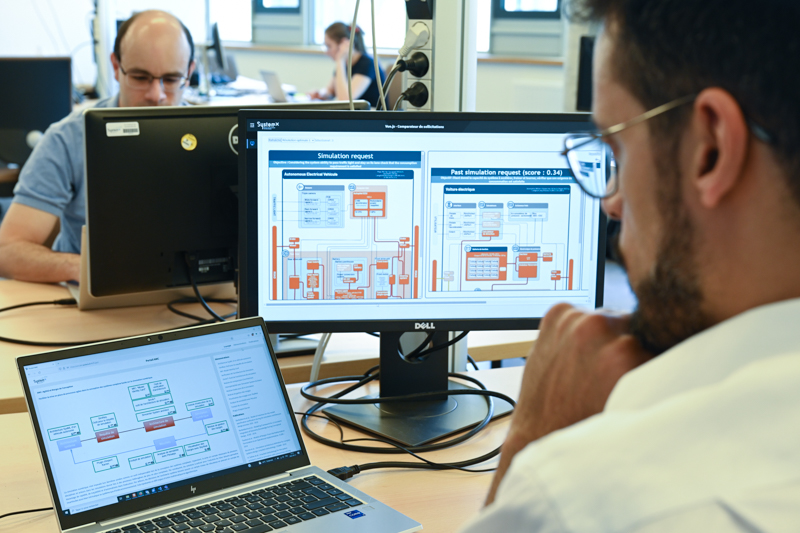The FSF project (Safe and Reliable Embedded Systems), the first of ten projects launched by the IRT SystemX in 2013, has just completed its first year of operation.
The FSF project in a few words
The FSF project, which is based on the use case of the railway sector, aims to develop the next generation of embedded systems capable of executing railway signaling applications (management of train movements) and to meet the major current industrial challenges of functional security, cybersecurity and performance.
Today, embedded software is the technological heart of digital systems of the future and plays a crucial role in industrial innovation in the automotive, rail, aerospace, aeronautics and energy sectors for which the issues of performance, real-time and functional safety are paramount.
Objective Reminder
- Create an industrial demonstrator comprising a signaling application design chain and an onboard computer for railway transport
- Develop software components capable of adapting to all the industrial environment (automotive, avionics, etc.)
- Develop tools for dimensioning and operating these software components in real conditions
Encouraging initial results
During this first year, the project partners completed the technical investigation phase which has confirmed the relevance of the technological barriers that were identified at the launch of the project.
“Through the work of the FSF project, Krono-Safe finds the opportunity to work ahead of the rest of the industry with high-quality partners on software platforms for critical embedded systems of the future. Krono-Safe is thus able to validate its technical guidelines to ensure a product development in line with market expectations, particularly in the railway sector. “Didier Roux, Chairman, Krono-Safe
The project has designed a first demonstrator of a chain design railway application taking into account not only the constraints of functional safety but also real-time constraints. This demonstrator will be developed and continuously improved until the end of the project.
Moreover , seven of the ten project partners, academic and industrial, have already integrated their tools into it (9 in total: Papyrus, SIMFIA, Isabelle / HOL, Heptagon, Mizzen, SCADE suite / SCADE Display, Syndex, Diversity, ktools / Kronos ), others will follow. The FSF project will enable the partners to develop the technological bricks they bring to project and to adapt them to the entire industrial environment (automotive, avionics, etc.). The tooling for the development, analysis and validation of software and systems, is strongly emphasized in the FSF project.
Presentation of research results to the community
The project team was able to present several times during the year the evolution of its research. It did so before the Institute’s ecosystem at the annual event SystemX: Future @ SystemX on March 6, 2014 and to the Commissioner General for Investment Louis Gallois, on the occasion of his visit March 27, 2014.
The FSF project today
• More than 10 scientific publications
• 13 FTEs
• 3 theses
• 10 partners: 6 manufacturers (Alstom Transport, Apsys, Esterel Technologies, Krono-safe, Scaleo chip Trusted Labs) and 4 academics (CEA, INRIA, Institut Mines-Telecom, Université Paris-Sud (LRI))
Testimony from Albert Cohen (in French only)
Next Stages
The project is now entering its second phase called “feasibility phase”. By the end of 2014, proof of concept tests will be realized and the design chain demonstrator will be enriched. The development of a first prototype of an execution platform is also planned for the 2015 edition of Future@SystemX (March 2015).
The last phase, the validation phase will consist in the development, of a demonstrator with the aim of demonstrating that there may be a pre-industrial solution.



